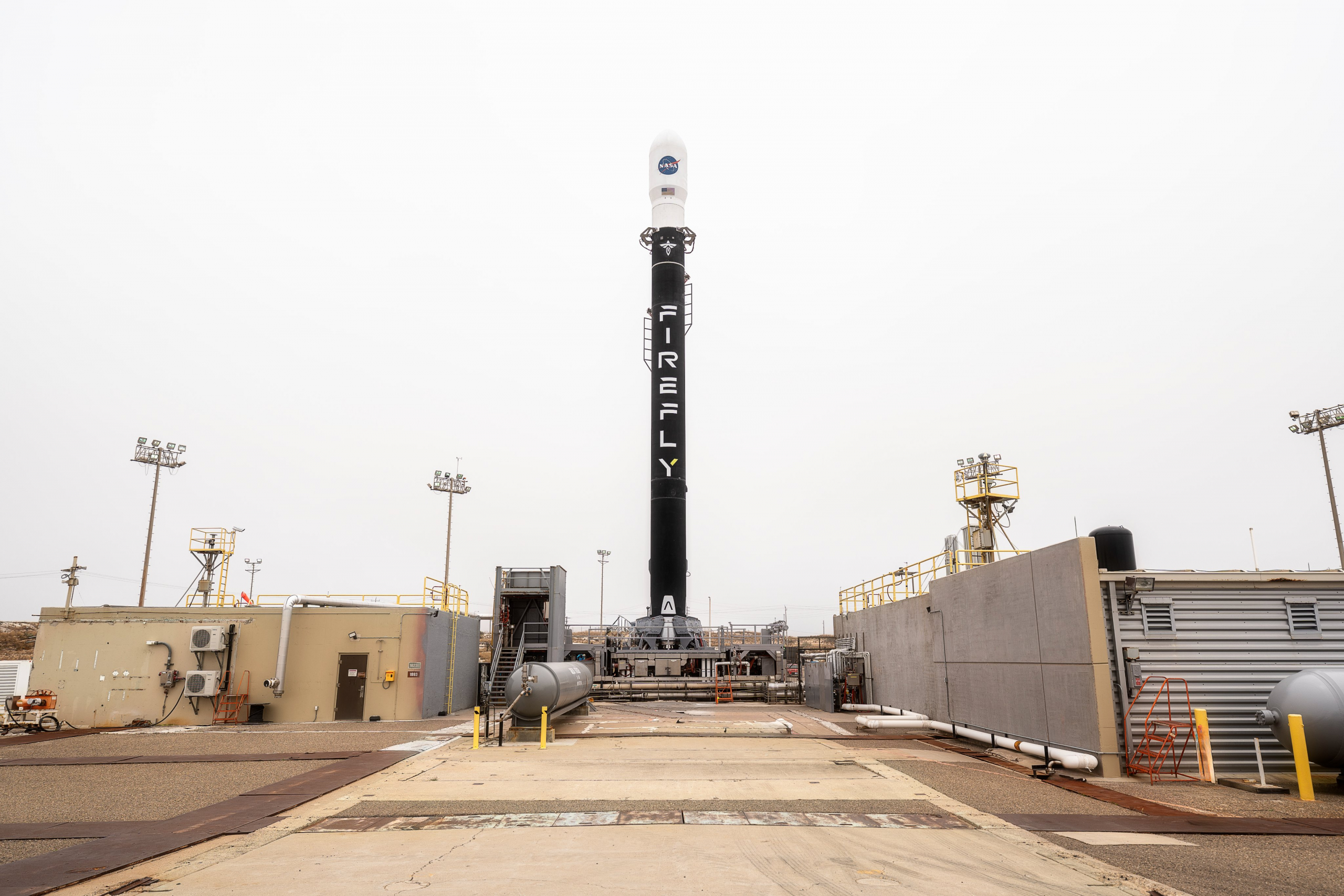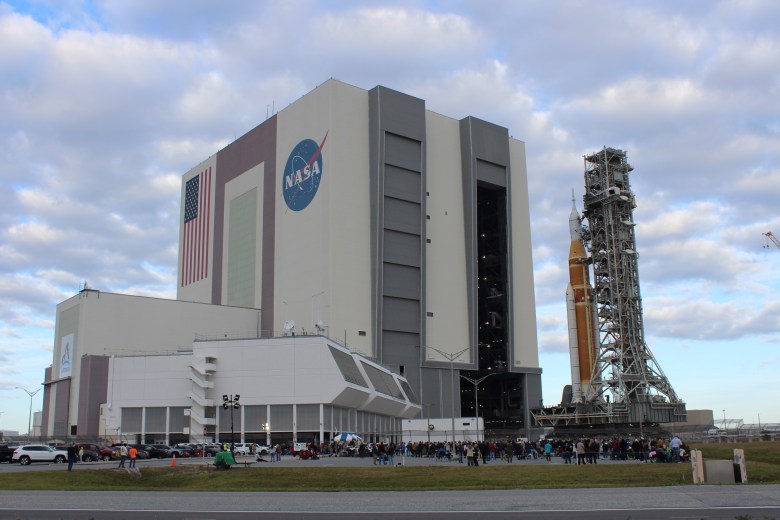Now Reading: Firefly Aerospace identifies contamination cause of Alpha rocket test incident implements improvements for future launches
-
01
Firefly Aerospace identifies contamination cause of Alpha rocket test incident implements improvements for future launches
Firefly Aerospace identifies contamination cause of Alpha rocket test incident implements improvements for future launches


Firefly Aerospace has identified a minor hydrocarbon contamination as the cause of a combustion incident that occurred during a recent ground test of its Alpha Flight 7 rocket’s first stage. This event took place in September at the company’s Briggs test facility and led to the loss of the rocket stage. The company has clarified that the incident was associated with an operational error during the integration process, rather than a design flaw. In response, Firefly has implemented corrective measures to prevent future incidents and is now preparing to launch another Alpha rocket in the coming months.
The ground test, which is part of the rigorous pre-launch protocol Firefly follows, experienced a “combustion event” in one of the rocket’s engines. Fortunately, the structure of the test stand remained undamaged, and there were no impacts on personnel or other facilities. Adam Oakes, Firefly’s Vice President of Launch, described the occurrence as a teachable moment, noting, “We learn from each test to enhance our designs and build a more reliable system.”
In addition to identifying the root cause, Firefly has swiftly introduced several improvements, including heightened inspection protocols for fluid systems, the enhancement of first-stage sensors, and the implementation of automated abort mechanisms. Following the incident, the company conducted a thorough quality review, which involved a day-long stand-down for production, integration, and testing teams to scrutinize and refine their operations.
Chief Engineer Jordi Paredes Garcia emphasized that the combustion event was not a result of design vulnerabilities. “This incident was triggered by a process error during routine integration,” Garcia stated. “We understand the significant impact even minor errors can have in our industry, which is why we conduct rigorous testing before proceeding to launch.” Garcia went on to express the company’s commitment to continual improvement in their processes.
Looking ahead, Firefly is set to replace the lost first stage with a new unit from its production line for the upcoming Alpha Flight 7 mission. The second stage of the rocket has already been delivered to Space Launch Complex 2 located at Vandenberg Space Force Base in California, with preparations for the new first stage currently in progress. As per standard protocol, a static fire test will be conducted at SLC-2 before the launch, which is scheduled for between late 2025 and early 2026, depending on range availability. Firefly also plans to provide further details about the mission shortly.
Improvements are ongoing at the Briggs facility, with upgrades to the Alpha stage test stand expected to be completed by early 2026. These upgrades aim to improve both testing capabilities and safety protocols. Firefly Aerospace continues to cement its position as a competitive force in the satellite launch market, with its small-lift Alpha rocket capable of transporting payloads exceeding 1,000 kilograms to low-Earth orbit. The Alpha is designed for rapid deployment, being able to launch with just a 24-hour notice from multiple locations, including Vandenberg, with additional sites planned for the future.
Stay Informed With the Latest & Most Important News
Previous Post
Next Post
-
 01From Polymerization-Enabled Folding and Assembly to Chemical Evolution: Key Processes for Emergence of Functional Polymers in the Origin of Life
01From Polymerization-Enabled Folding and Assembly to Chemical Evolution: Key Processes for Emergence of Functional Polymers in the Origin of Life -
 02Two Black Holes Observed Circling Each Other for the First Time
02Two Black Holes Observed Circling Each Other for the First Time -
 03How New NASA, India Earth Satellite NISAR Will See Earth
03How New NASA, India Earth Satellite NISAR Will See Earth -
 04Thermodynamic Constraints On The Citric Acid Cycle And Related Reactions In Ocean World Interiors
04Thermodynamic Constraints On The Citric Acid Cycle And Related Reactions In Ocean World Interiors -
 05Φsat-2 begins science phase for AI Earth images
05Φsat-2 begins science phase for AI Earth images -
 06Hurricane forecasters are losing 3 key satellites ahead of peak storm season − a meteorologist explains why it matters
06Hurricane forecasters are losing 3 key satellites ahead of peak storm season − a meteorologist explains why it matters -
 07Binary star systems are complex astronomical objects − a new AI approach could pin down their properties quickly
07Binary star systems are complex astronomical objects − a new AI approach could pin down their properties quickly


















